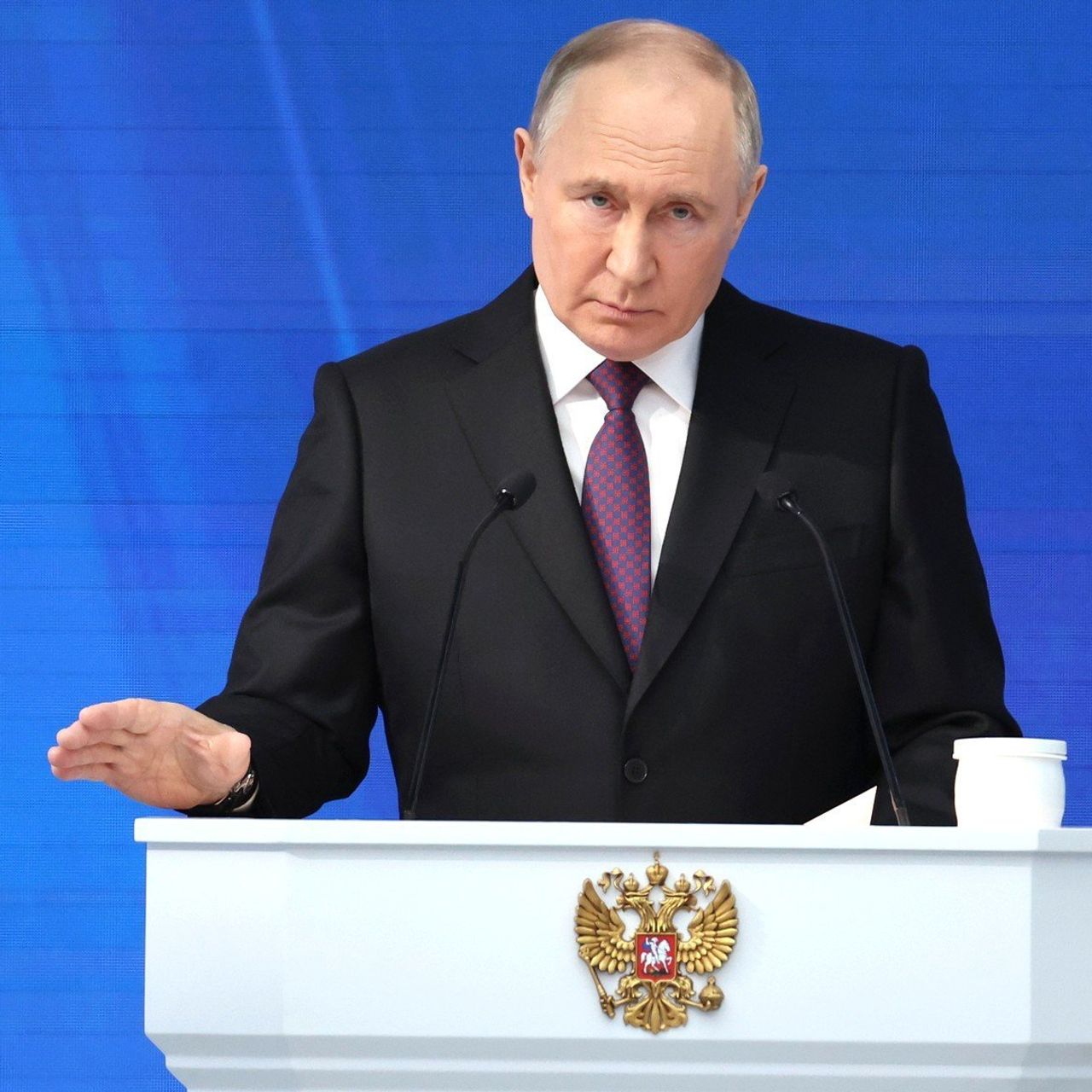In 2016, over 200 million people watched Crimean Tatar artist Jamala win the Eurovision Song Contest with her song “1944.” Her haunting lyrics, “You think you are gods, but everyone dies. Don’t swallow my soul, our souls,” resonated around the world, casting a spotlight on the deep scars left by Russia’s annexation of Crimea just two years earlier.
Jamala’s song referred to the deportation of around 200,000 Crimean Tatars by Joseph Stalin 79 years ago in May. Since then, the history of the Crimean Tatars has been one of struggle and survival against ongoing efforts to erase them from their homeland. Russia’s latest invasion attempts to continue this dark legacy, brutally attacking a people with a deep connection to the Crimean Peninsula.
To understand the gravity of the threat facing Crimea today, we must revisit the tragic events of May 1944, widely regarded as a genocide of Crimean Tatars. Allowing history to repeat itself, particularly in 21st-century Europe, is a boundary we cannot cross.
In May 1944, over three brutal days, Stalin’s secret police forcibly removed women, children, and the elderly from their homes, cramming them into locked cattle trains. Their husbands, fathers, and sons, who had been fighting with the Red Army and had been decorated for their heroism, returned to find their families gone, shipped off to distant Uzbekistan, 2,000 miles away, in conditions resembling those that led to the deaths of millions of European Jews during the Holocaust.
The charge against the Crimean Tatars was “collaboration with Nazi Germany,” an accusation that not only ignored their suffering under occupation but also insulted their contributions to the fight against fascism. Thousands died en route due to inadequate food and water, disease, and brutal treatment by the NKVD. When the survivors reached Uzbekistan, they found themselves in forced labor camps with appalling living conditions, where even more would perish in the following year.
Meanwhile, in Crimea, their homes, land, and possessions were seized and destroyed. Some 51,000 Russians and others moved into their places, and the term “Crimean Tatar” was banned from official use, as were all their place names. The Soviet effort to eradicate their culture and identity seemed complete, but it underestimated the resilience and determination of the Crimean Tatars.
In the late 1980s, during the reformist era of Mikhail Gorbachev’s glasnost, Crimean Tatars began to return to their homeland. By 1991, when Ukraine declared its independence from the Soviet Union, about 260,000 Crimean Tatars had come back. However, they received no formal recognition, no compensation, and no apology from Russia. It was only in the last decade that Ukraine, Lithuania, Latvia, and Canada recognized the 1944 deportation as genocide.
Crimean Tatars, who are predominantly Sunni Muslims, contributed significantly to Ukraine’s multicultural identity during the brief window of peace before Russia’s invasion in 2014. The annexation of Crimea and the subsequent war in Ukraine have brought Crimean Tatars and Ukrainians even closer together. A majority of Ukrainians now support constitutional recognition of the “national-territorial autonomy” of the Crimean Tatars. Meanwhile, 40,000 Crimean Tatars who fled during the annexation have joined volunteer battalions to fight the Russian invaders.
Given this history, allowing Crimea to be sacrificed to Russia as part of a peace deal would be both a strategic and moral error. The Crimean Tatars and Ukrainians deserve better, and so does the world. A free, sovereign, and united Ukraine would send a strong message to aggressors and a powerful reminder of the importance of defending liberal democracy. This is the kind of message we need today more than ever.















































